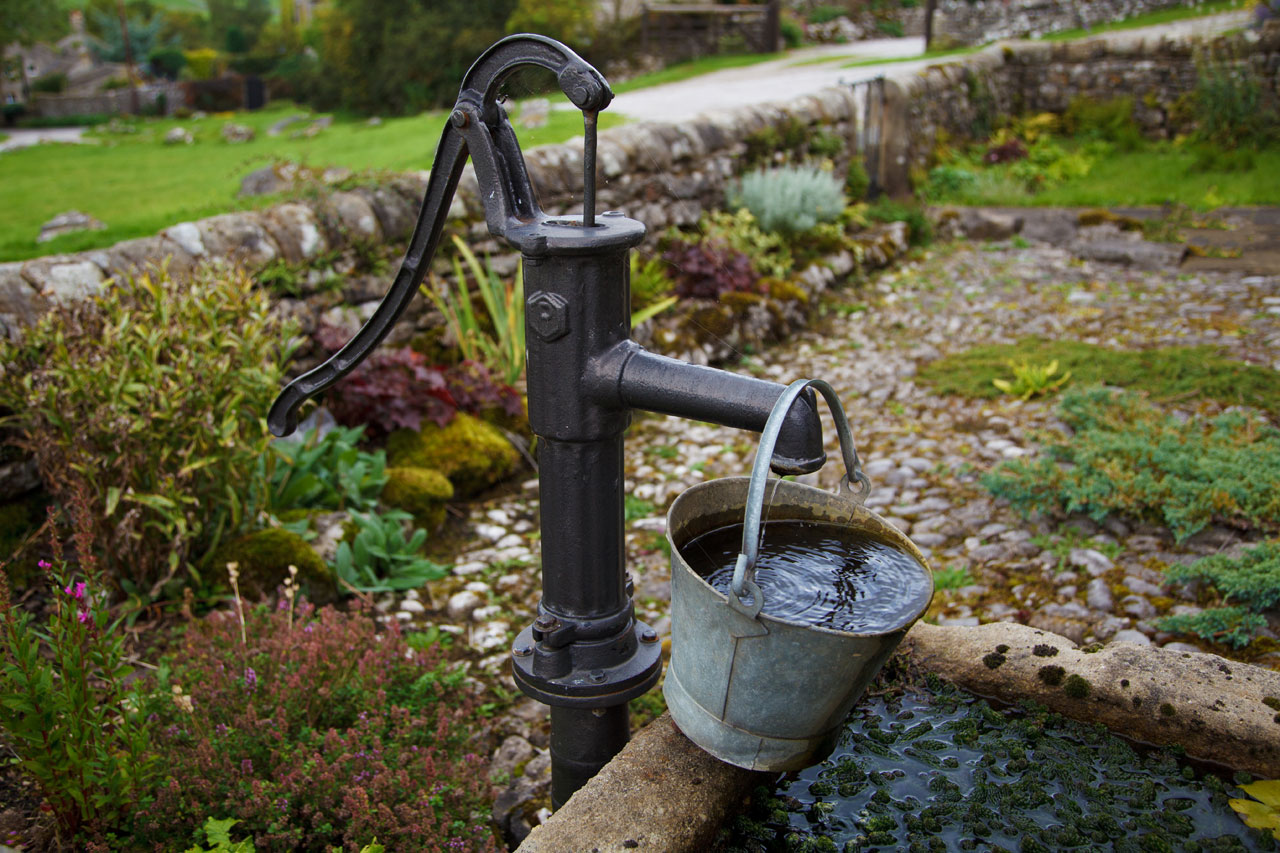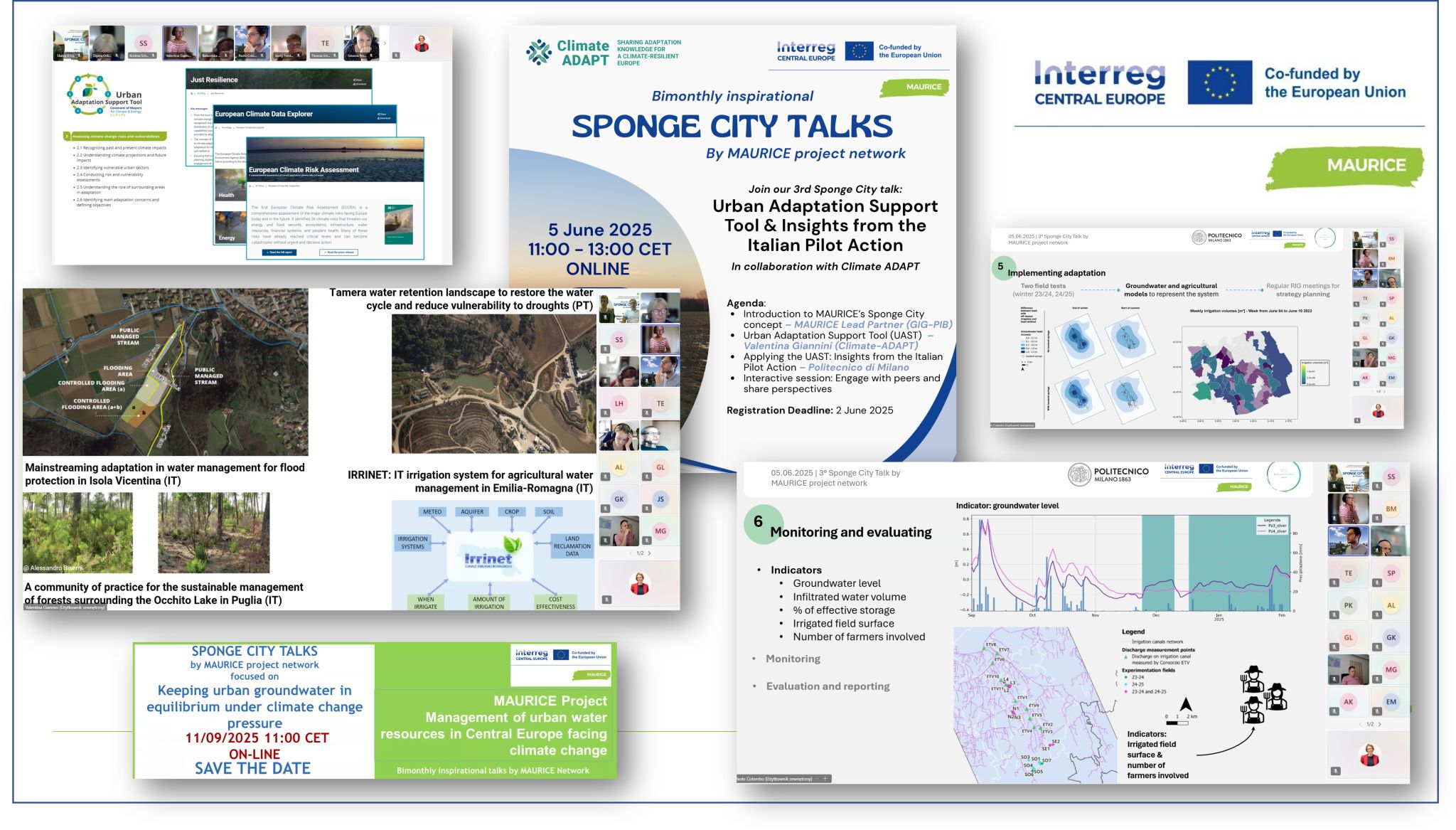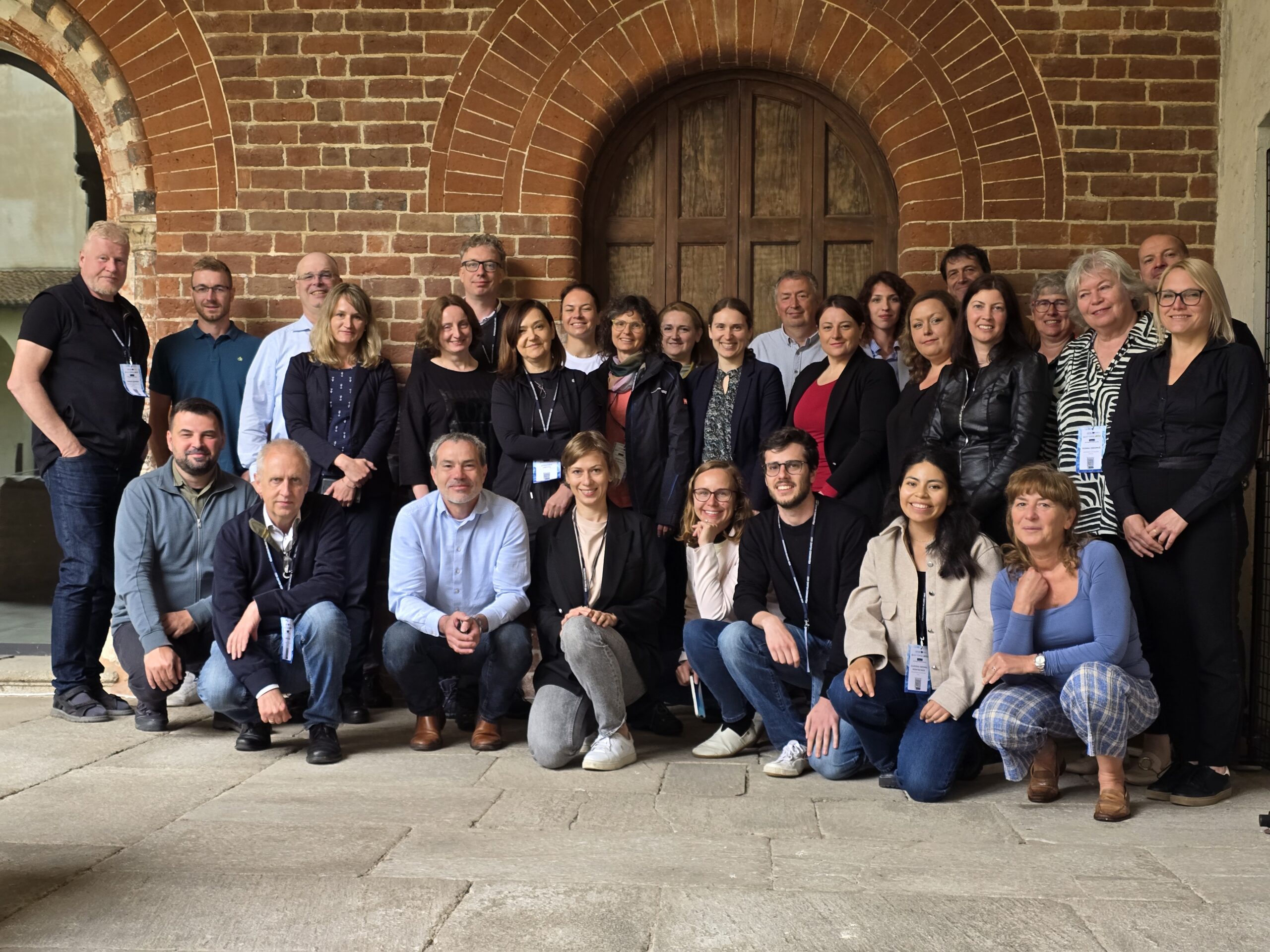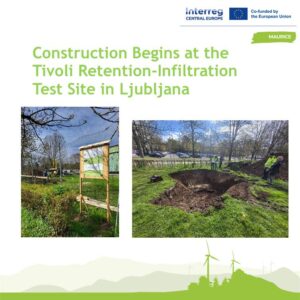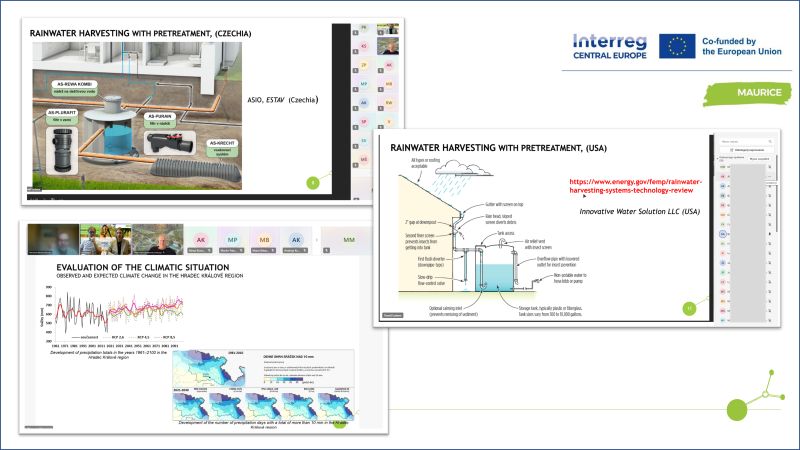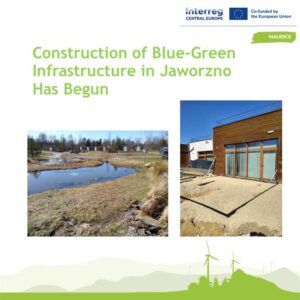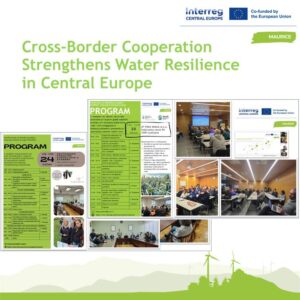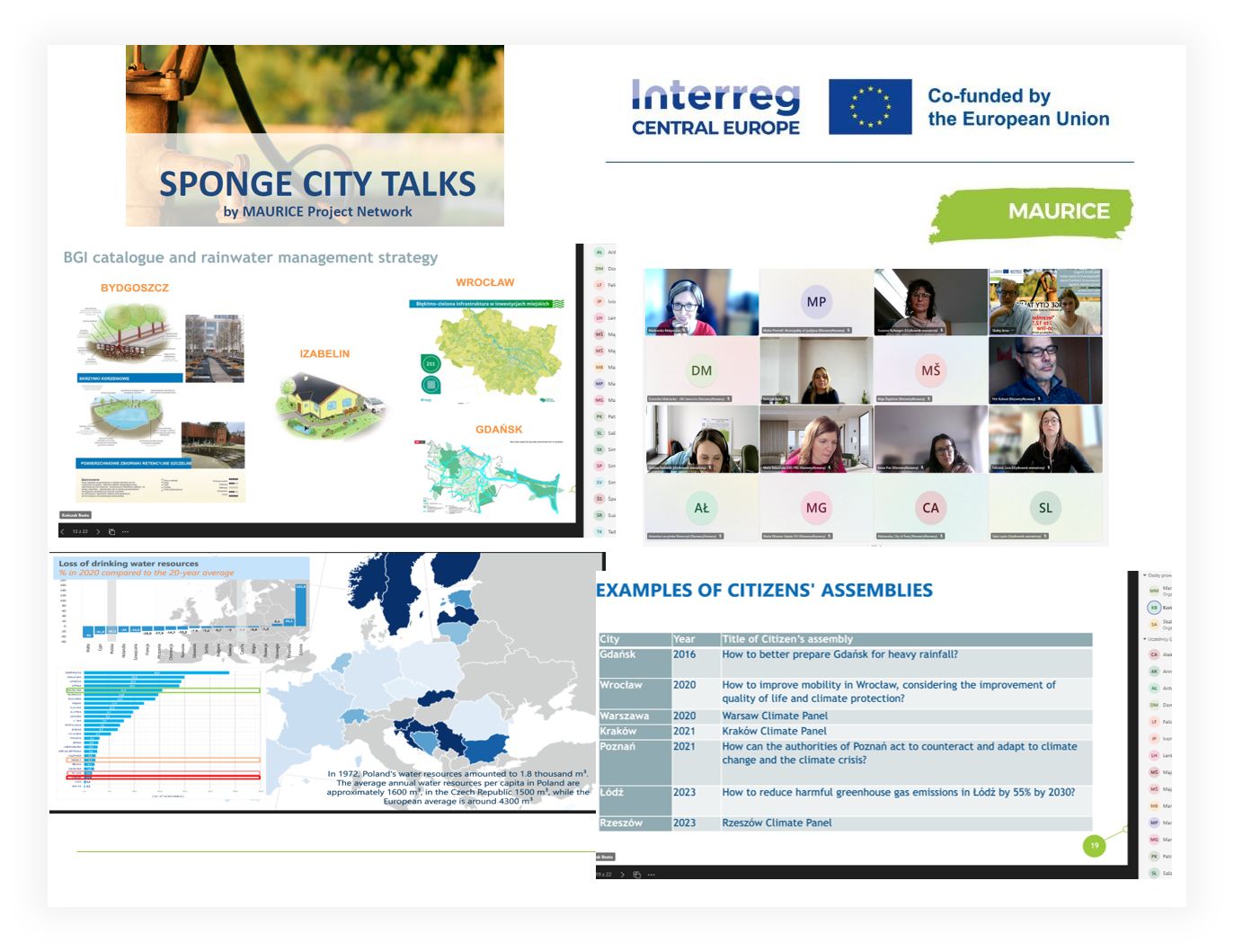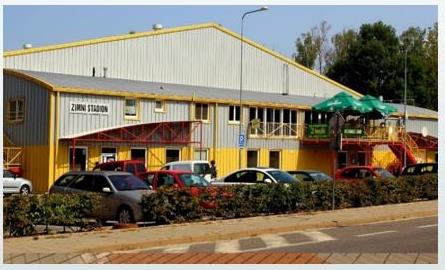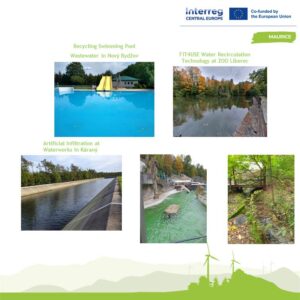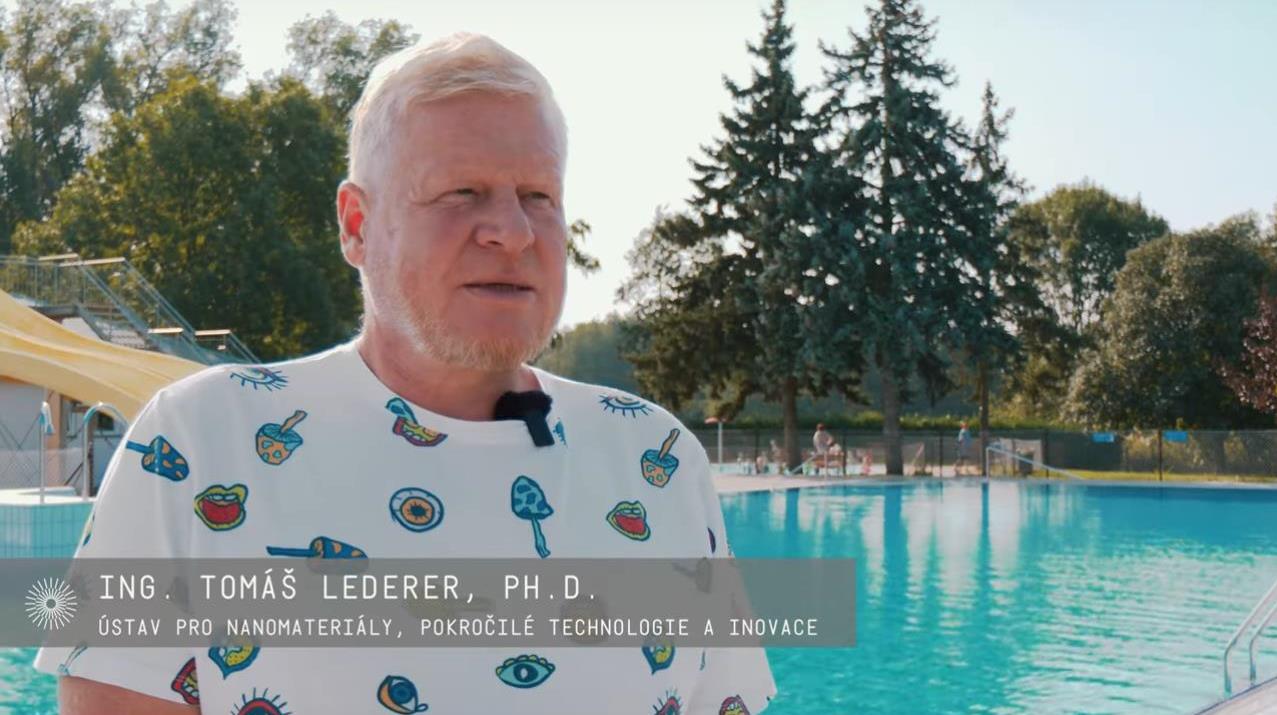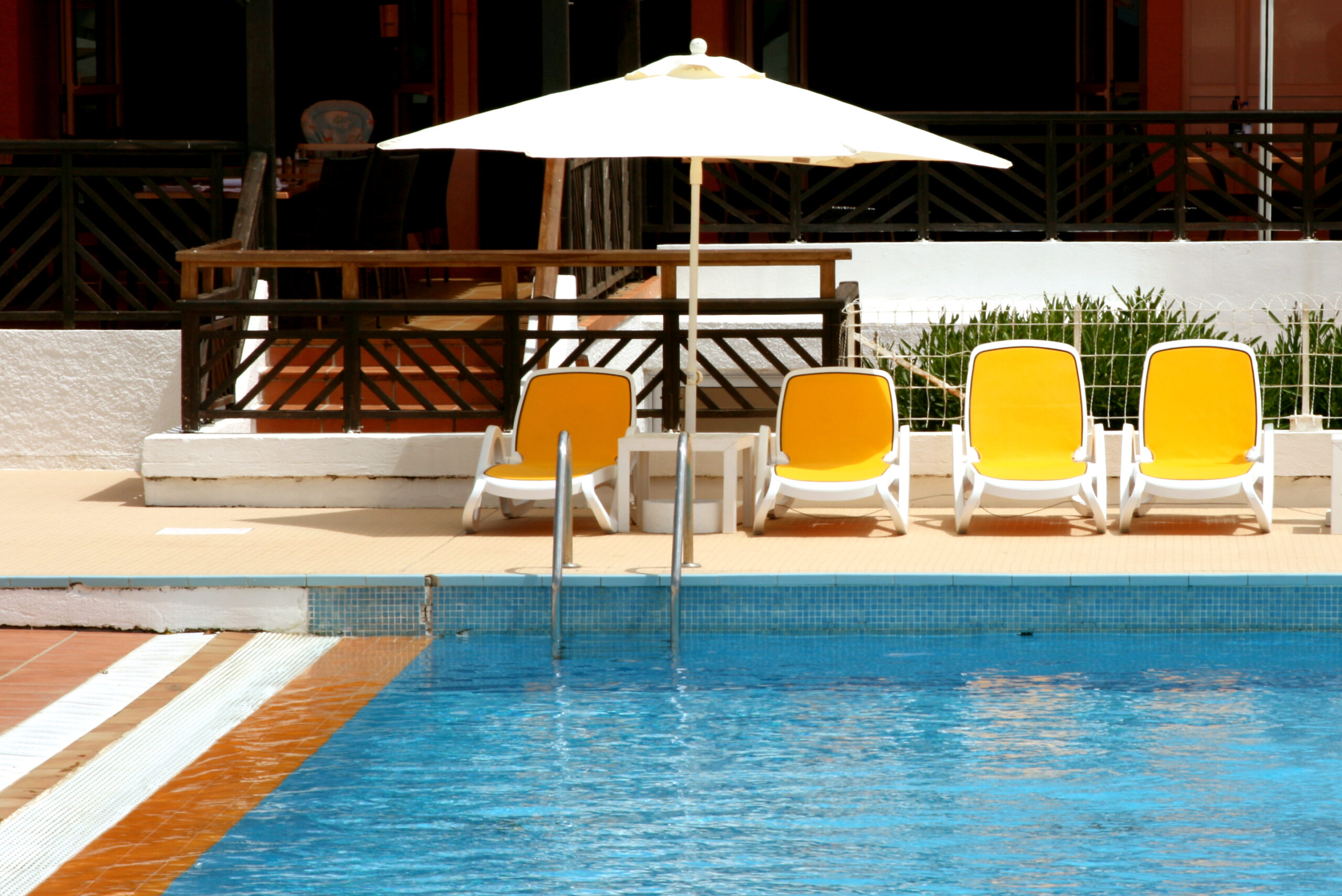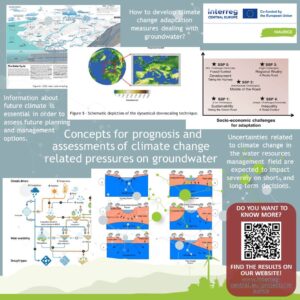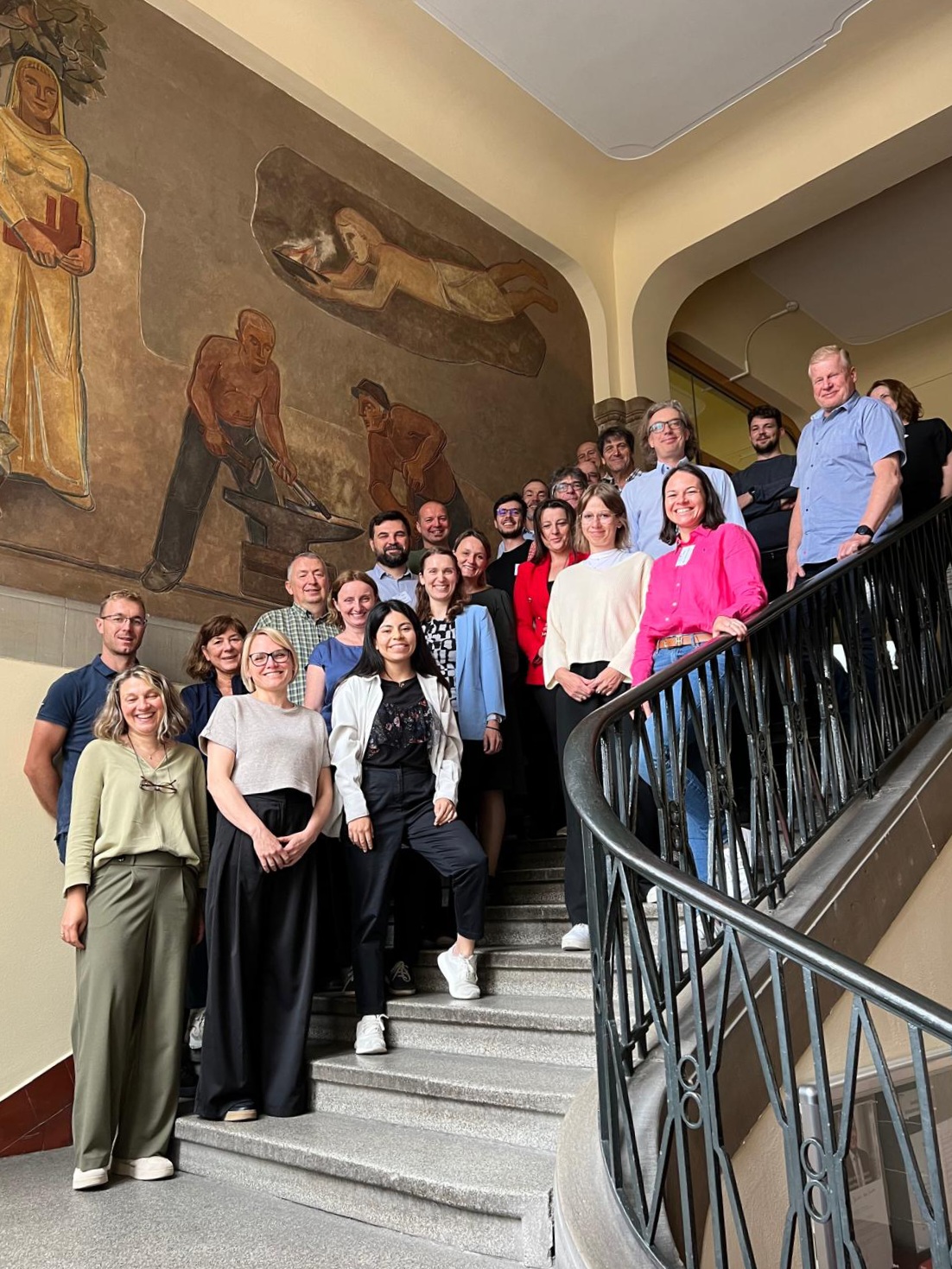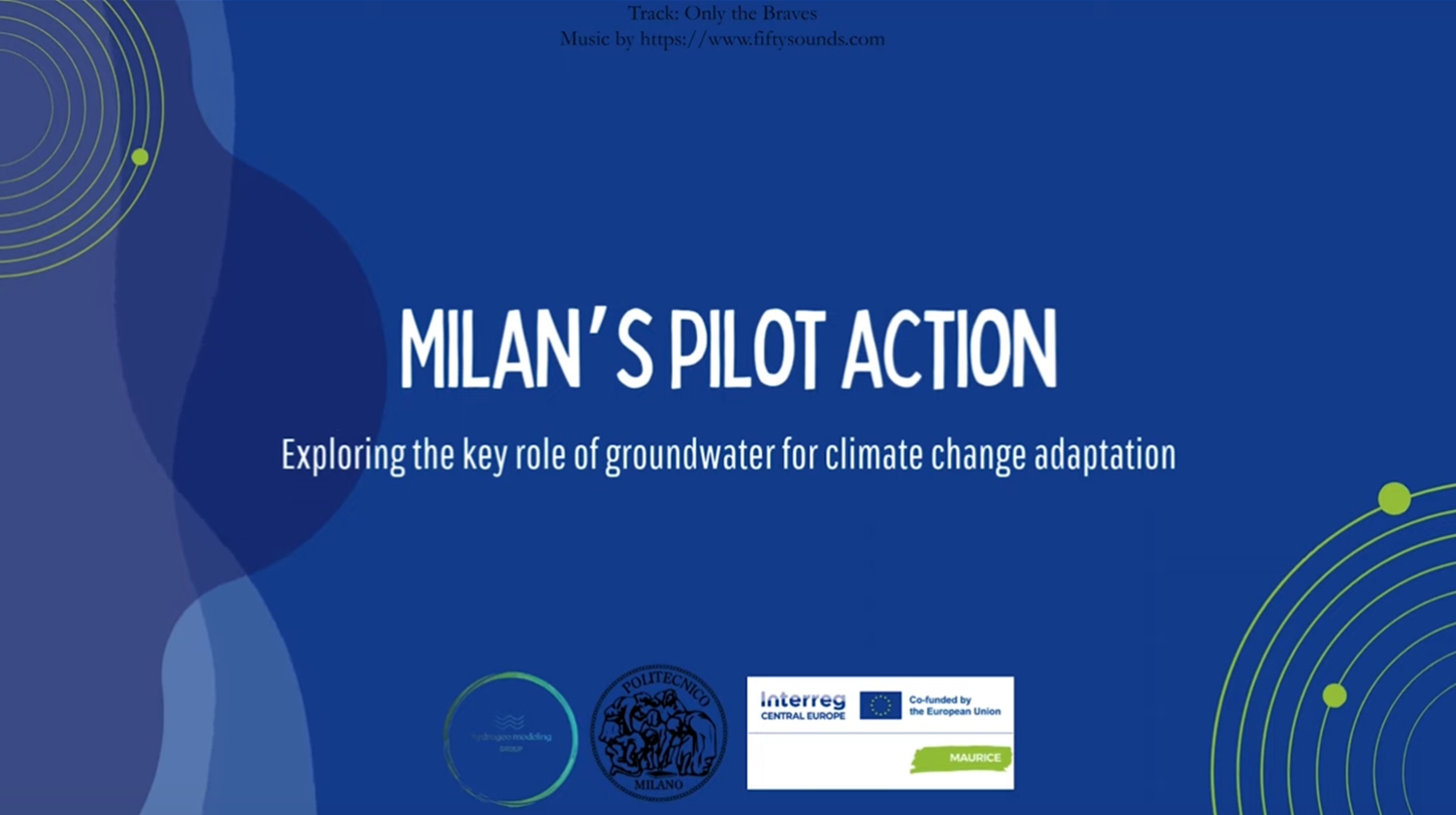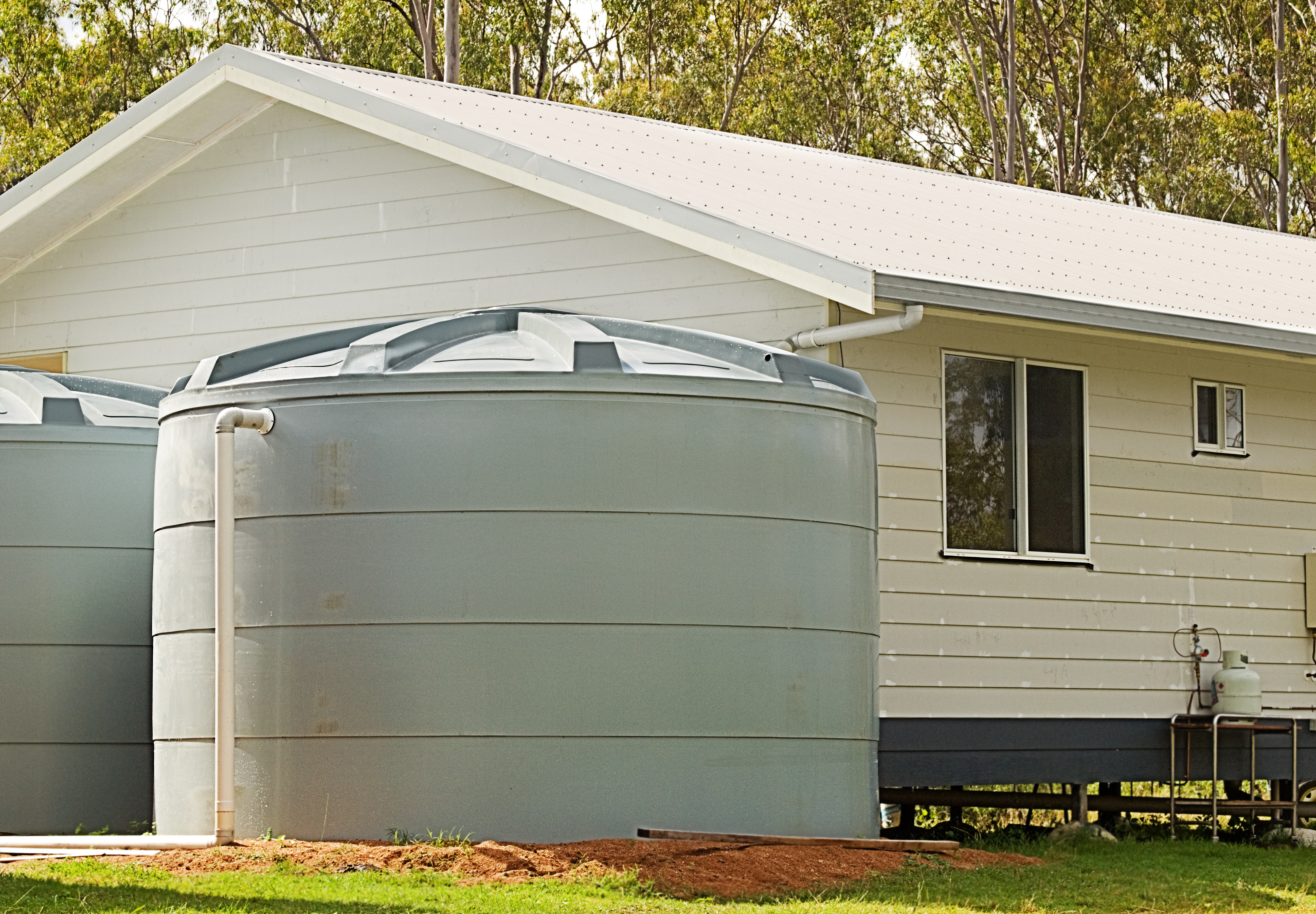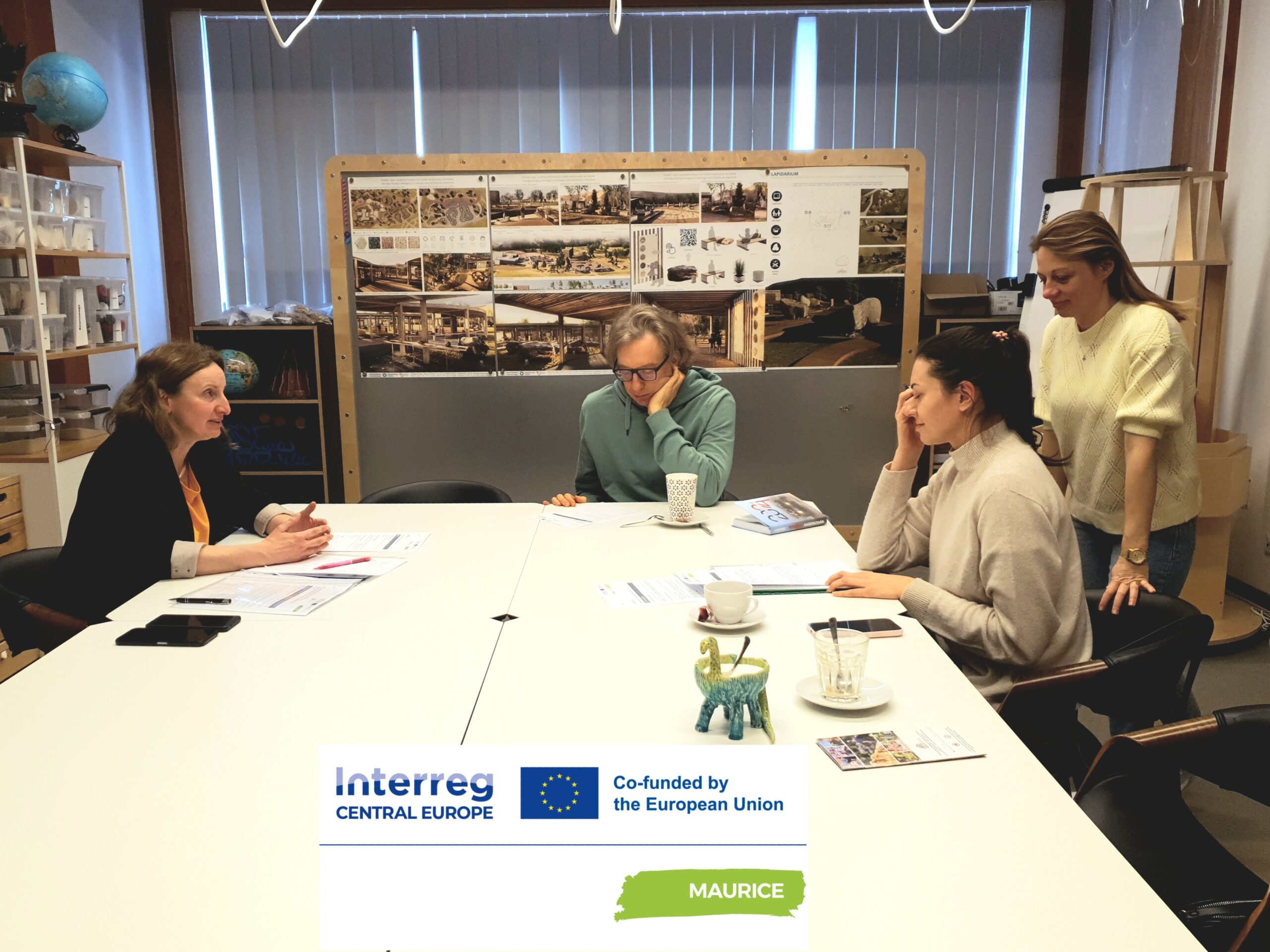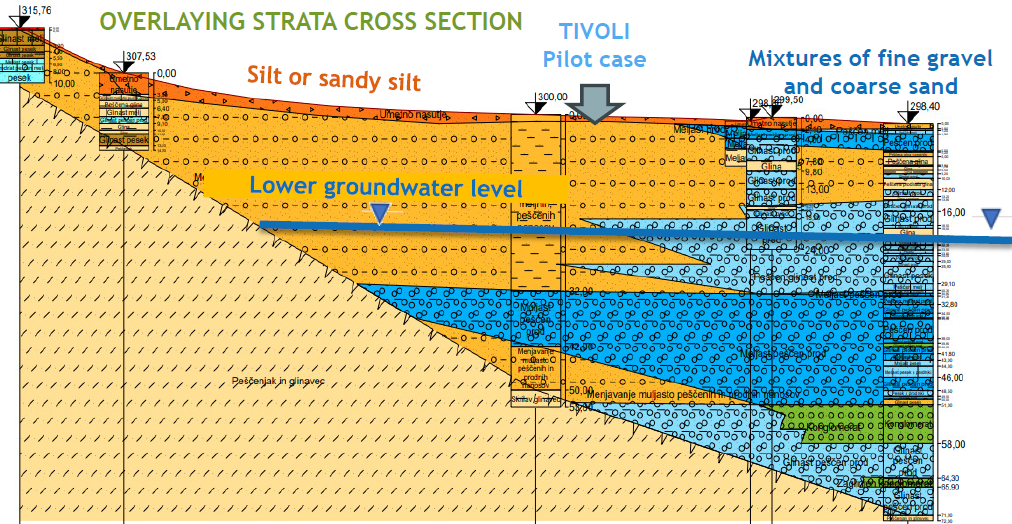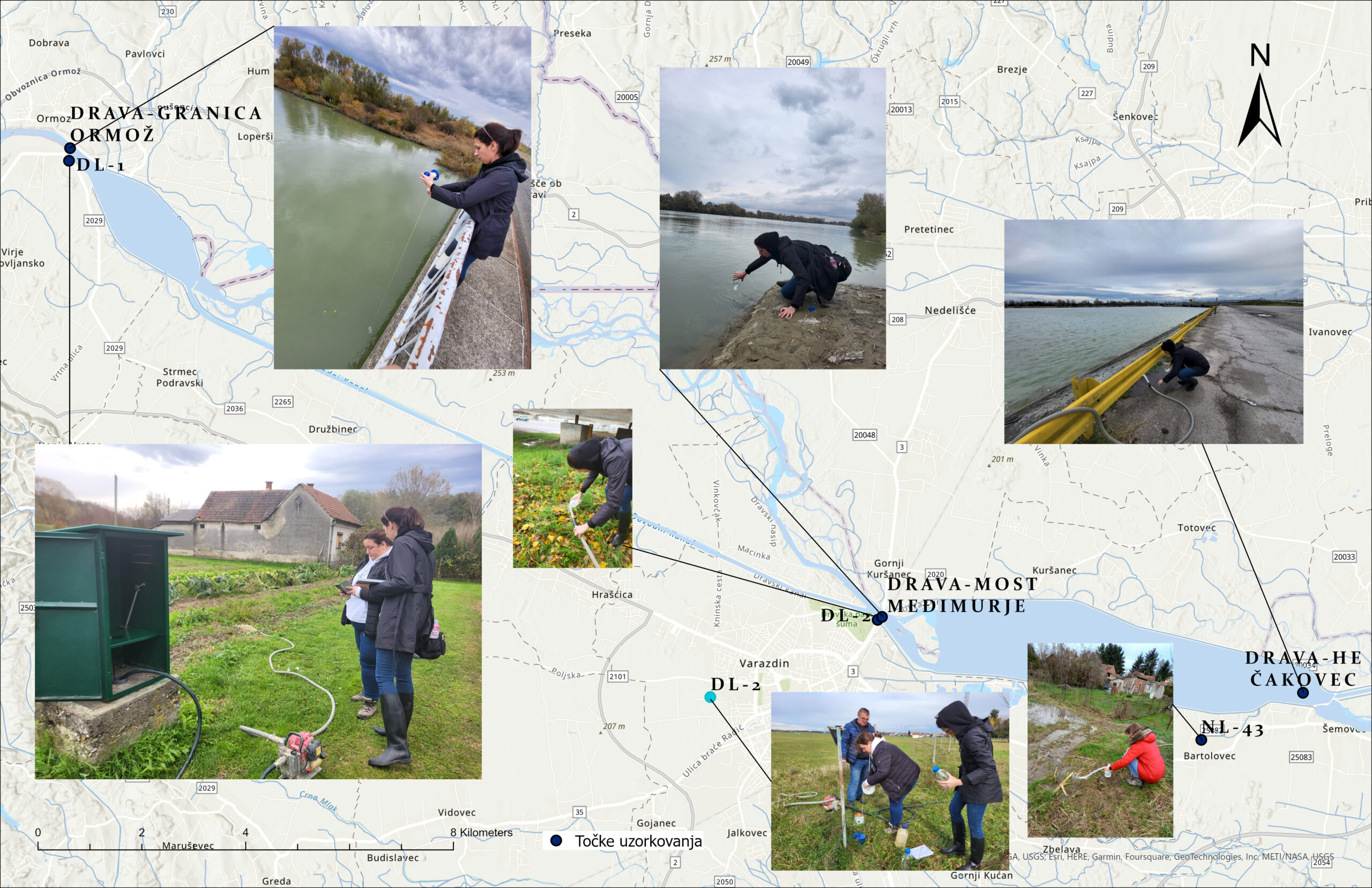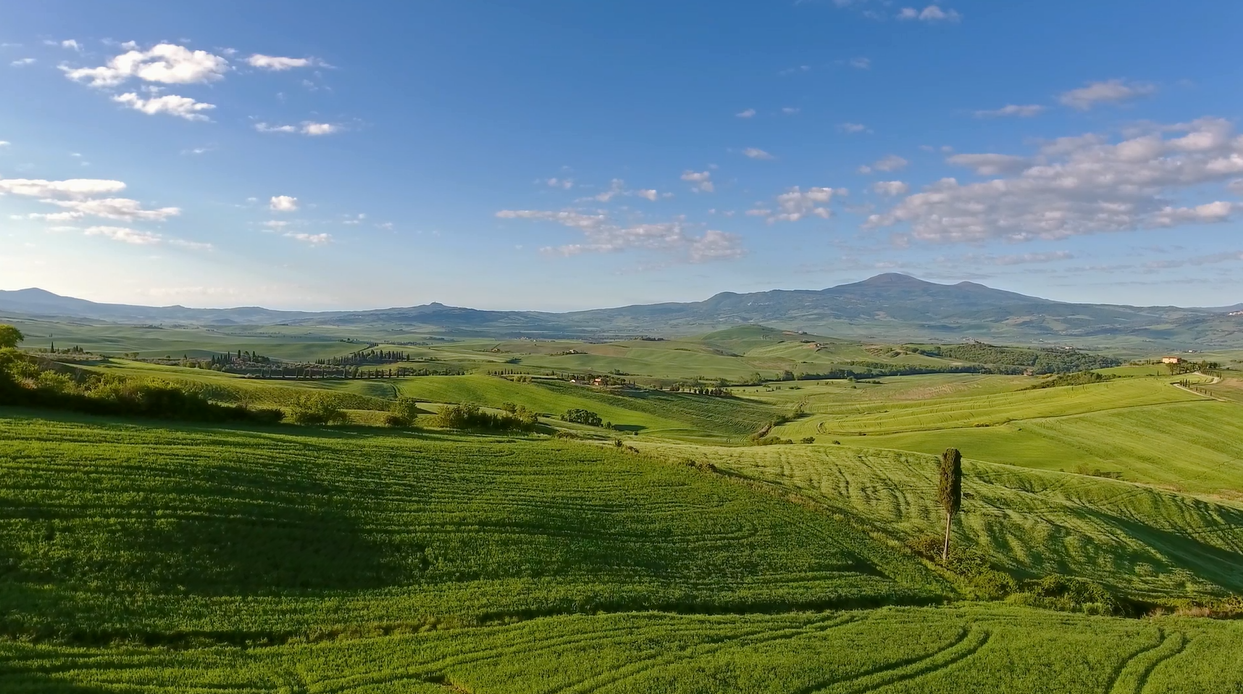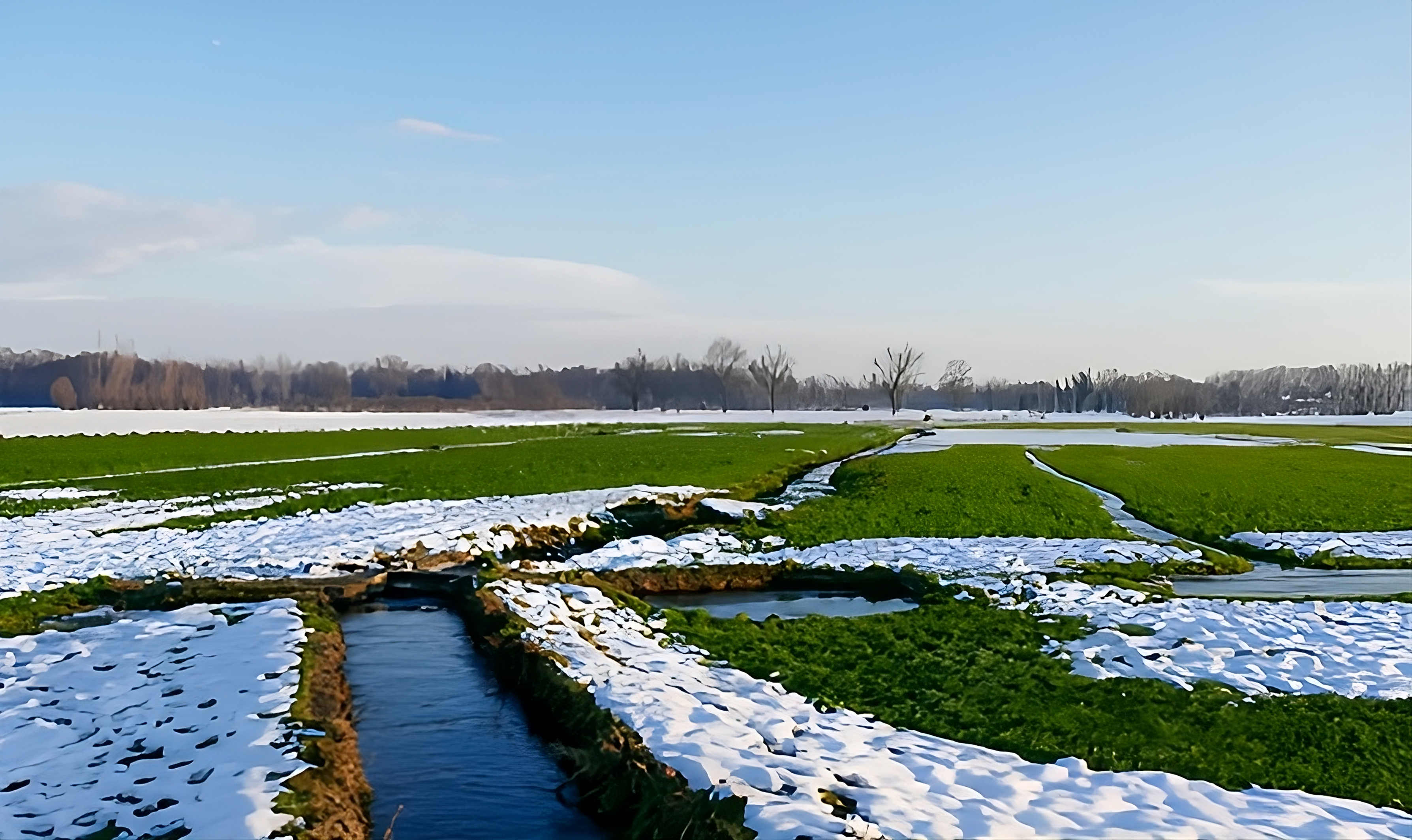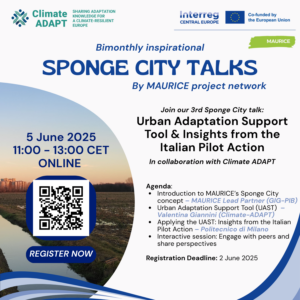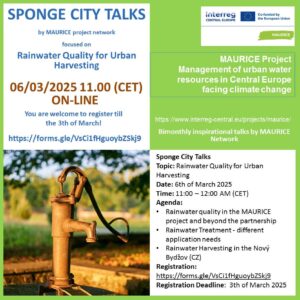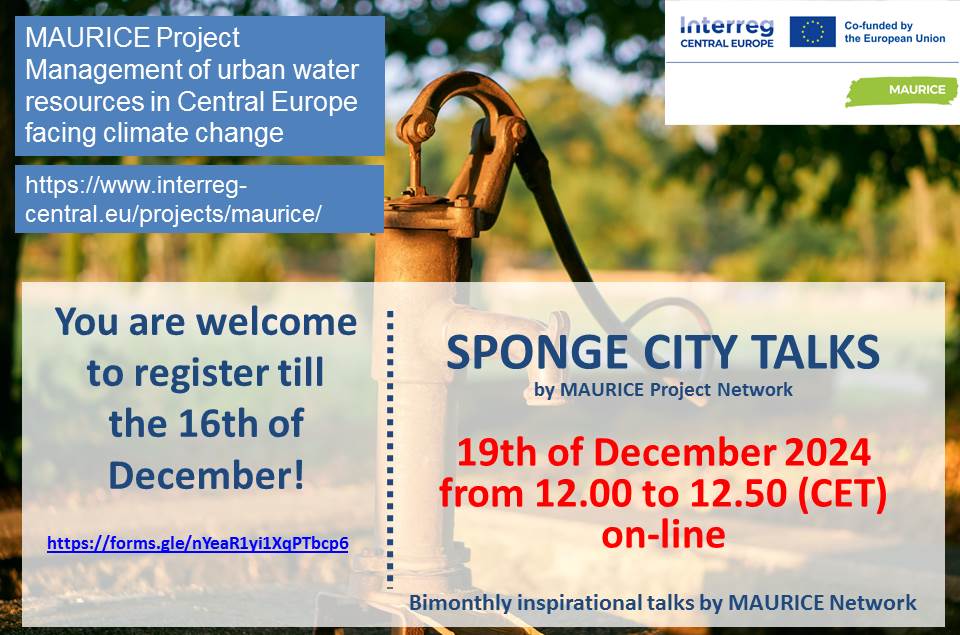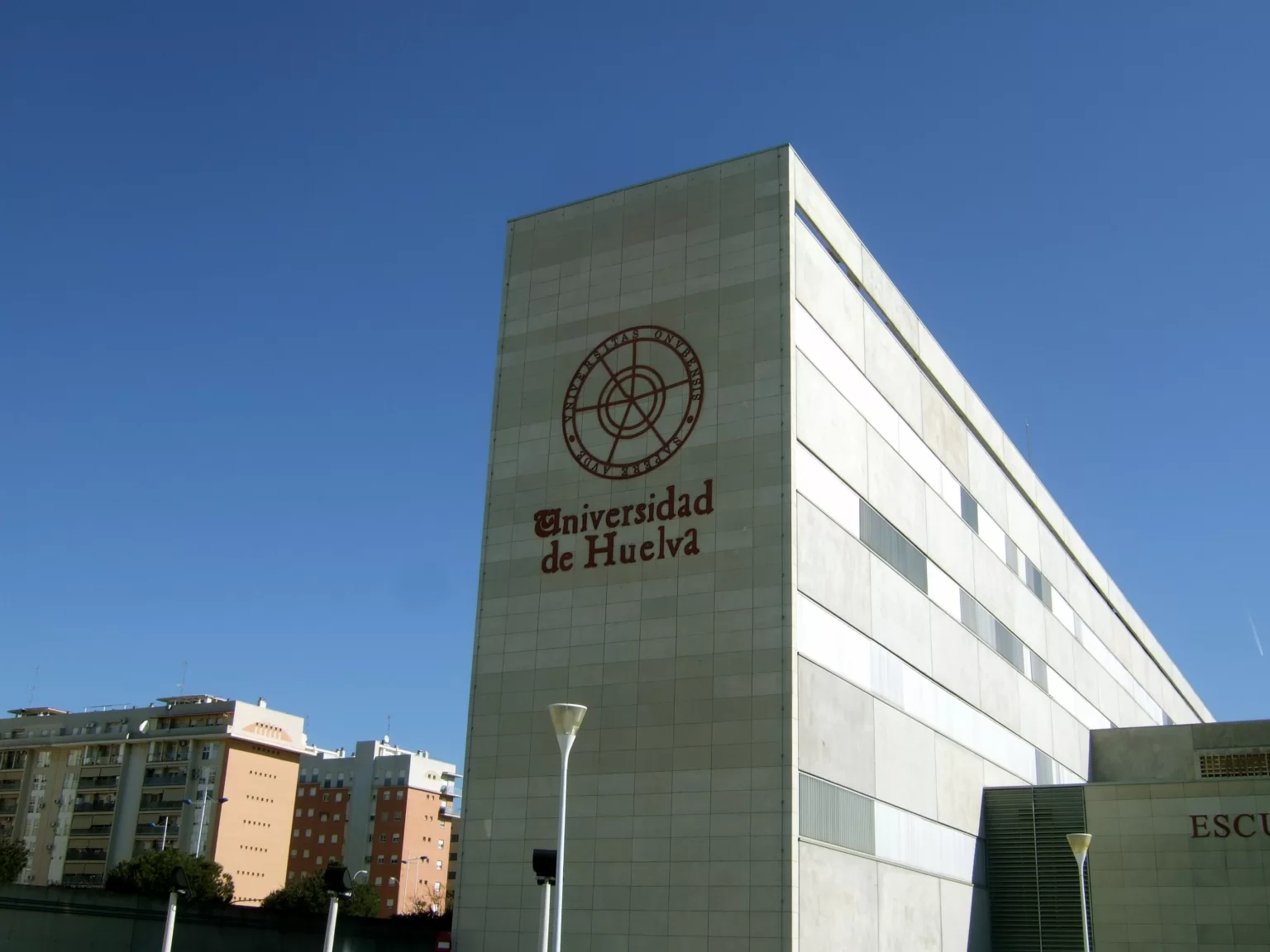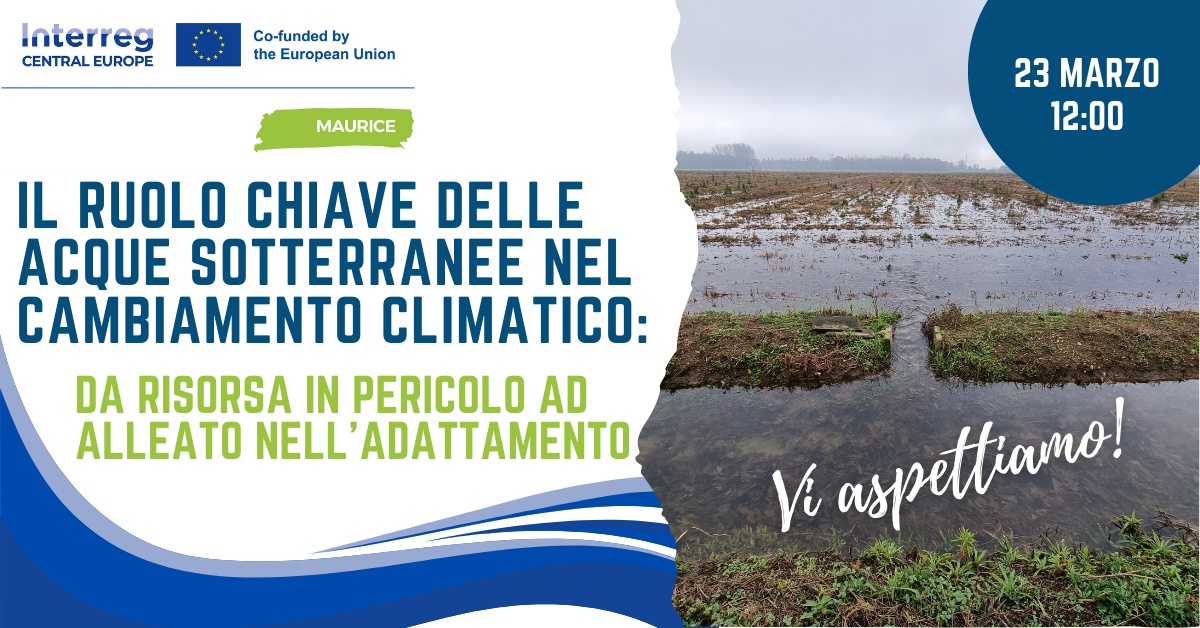Project overview
Management of urban water resources in Central Europe facing climate change
The impact of climate change is increasingly important for the design, construction, and maintenance of water infrastructure. Scarcity of water resources due to extreme weather events and falling groundwater levels threaten our cities and regions. The MAURICE project introduces new water management solutions for cities. The partnership helps to integrate these into broader concepts on regional climate change adaptation and encourages the uptake of urban water management tools and measures.
-
2,92m €
-
Project Budget
-
80%
-
of the Budget is funded by ERDF
-
6
-
Countries
-
6
-
Regions
-
11
-
Partners
-
6
-
Pilots
Duration
Start date
End date
Project progress
About the project
Project partnership
Project partners

Lead partner
Central Mining Institute
Department of Water Protection
Project partner
Biuro ds. Geologii / Geology office
Amt für Umweltschutz (Department for Environmental Protection)
Ústav pro nanomateriály, pokročilé technologie a inovace / Institute for Nanomaterials, Advanced Technologies and Innovation
Department of Civil and Environmental Engineering (DICA)
Groundwater - Hydrogeology
Department of Hydrotechnics
ADMINISTRATIVE DEPARTMENT FOR CONSTRUCTION AND PUBLIC UTILITIES
Roadmap
Challenge
We tackle the challenges of managing changing water quality, rainwater management and groundwater deficit management. We identified six different areas to support water resources in cities and preserve them for future generations. Our pilot actions aim to address the difficulties faced by various regions in Central Europe.
Problem
Solution
We provide climate change-adaptation solutions for public administration, water management and supply bodies in Central Europe. These joint-developed solutions together with a management strategy for modern urban water management considering climate change will foster behavioural change in water management and spatial planning practices.
News
Events
Pilot actions
Outputs

MAURICE network for enhancing climate change resilience in urban and regional water management
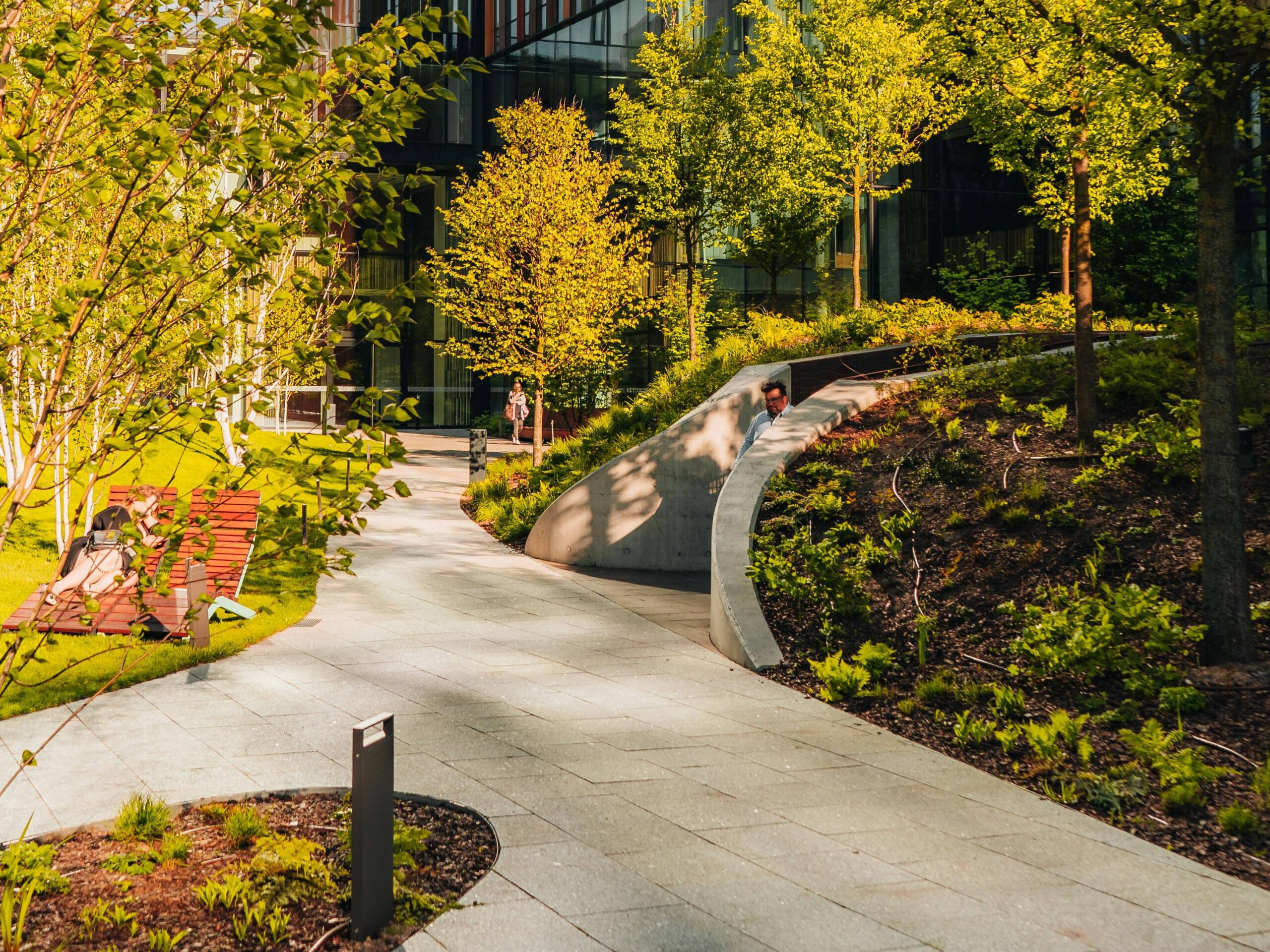
Transnational Water Management strategy and action plans for the six municipalities /regional areas considered by the project
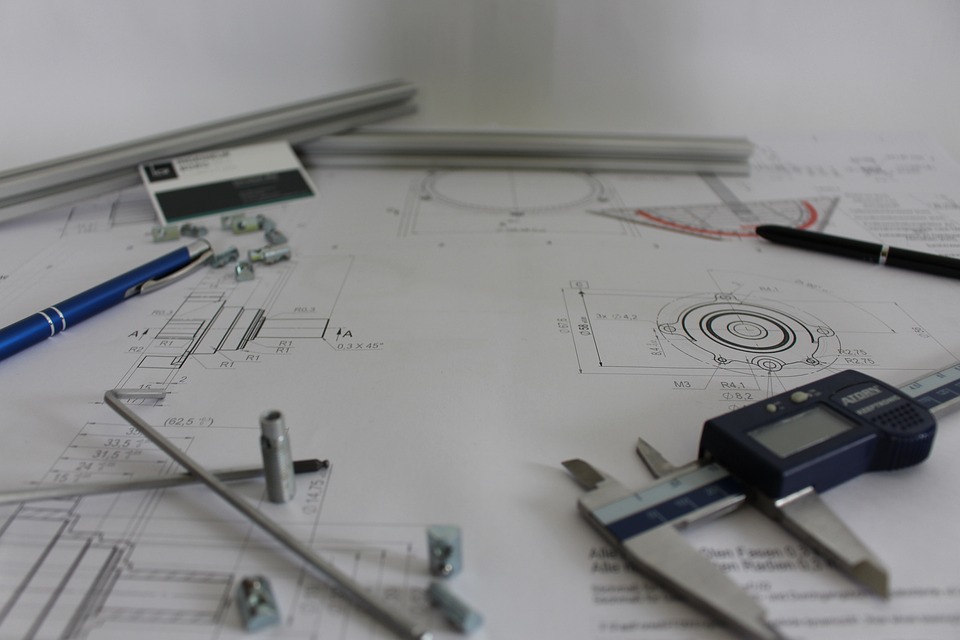
Tools for groundwater behavior forecast as support for public authorities’ decision making

The guidelines to ensure groundwater availability and climate change resilience by adaptation measures
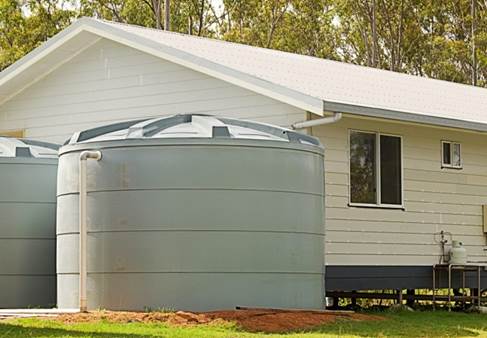
The guidelines for public administration to implement the beneficial rainwater management
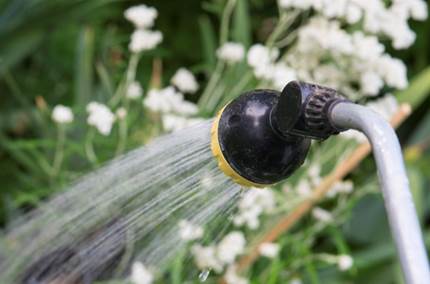
The guidelines for the selection of rainwater treatment technologies for further use
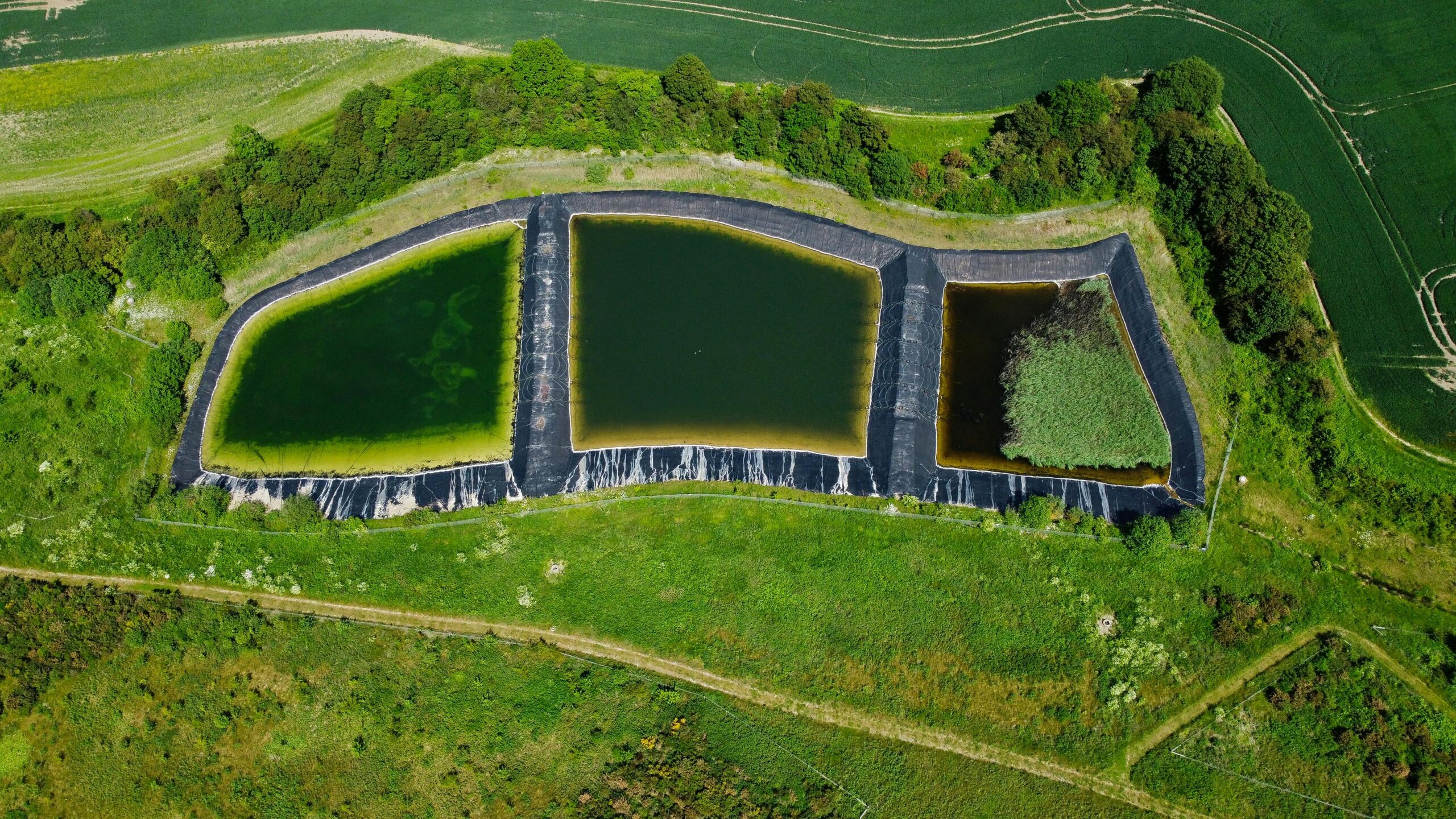
The guidelines for designing blue-green infrastructure for rainwater retention and groundwater recharge
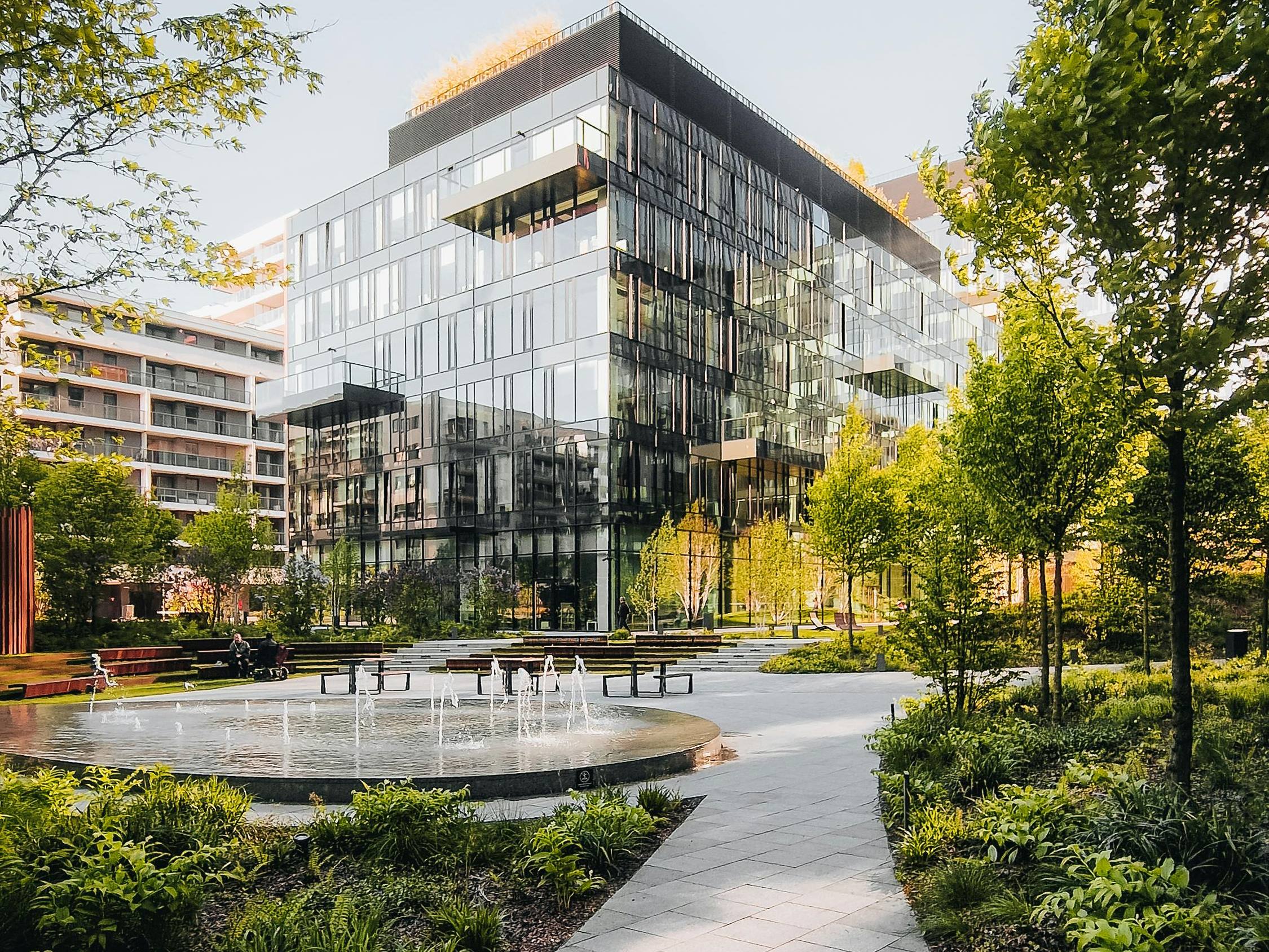
The use of the infiltration capacity map from field investigation to planning, consent and decision-making
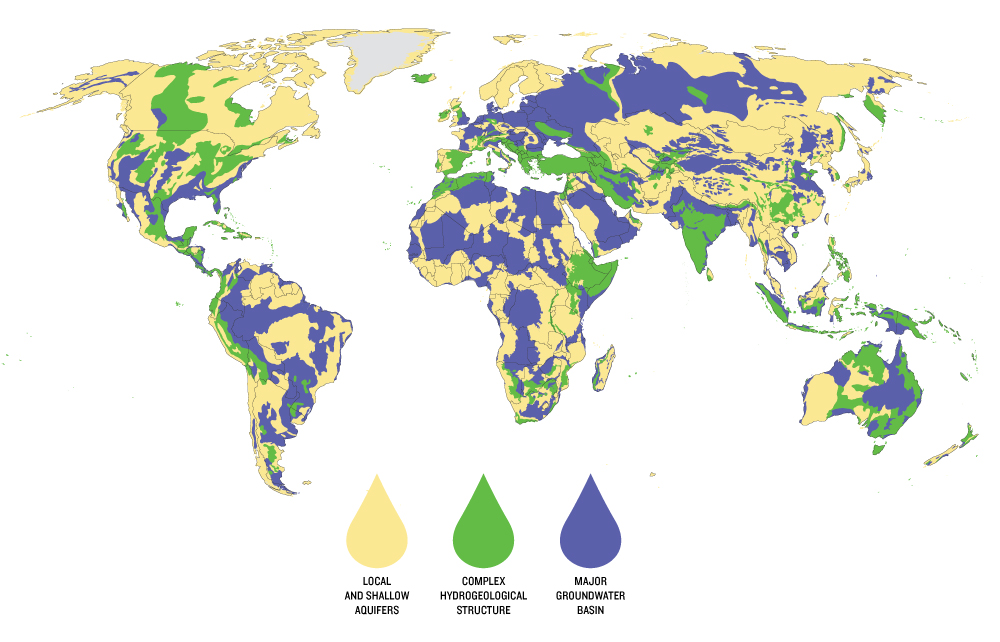
Surveying urban water mass flows and contaminants to set resilient drainage and infiltration targets
MAURICE
The project lead partner is responsible for the content of this project website.
